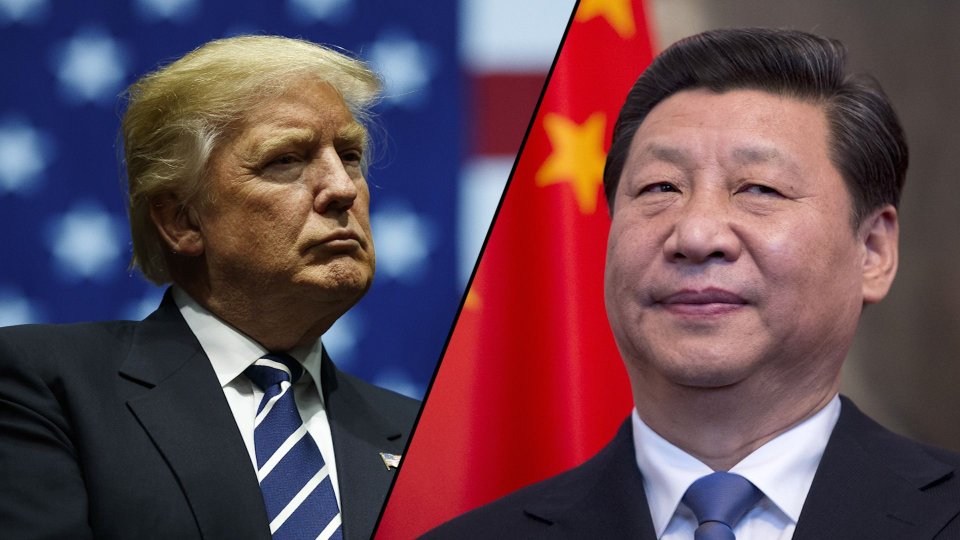Financial advisory firm Prabhudas Lilladher believes the ongoing tariff war between the United States and China is strategically significant and unlikely to de-escalate in the near future, even if the US signs bilateral trade deals with other countries.
In its latest report, the firm warns that the prolonged tariff standoff could disrupt global supply chains, slow economic growth, and impact capital flows well into the first half of 2026. This may lead to a 0.5% reduction in global GDP, along with heightened volatility in commodity and currency markets.
“The continuation of tariff tensions, a decline in global trade, and reduced corporate spending in the US could hurt the IT services sector,” the report noted. “This could partially offset the benefits of falling crude oil prices. Additionally, increased dumping by China and Southeast Asian countries could exacerbate domestic challenges.”
While President Donald Trump has temporarily suspended reciprocal tariffs for 90 days on several negotiating countries, tariffs on Chinese goods remain in place. Since beginning his second term, Trump has doubled down on his tariff reciprocity policy, vowing to match tariffs imposed by other nations, including India, to uphold fair trade.
On the domestic front, Prabhudas Lilladher highlighted that India's consumer demand is still under pressure, with the impact of lower food inflation yet to boost spending and sentiment.
The Reserve Bank of India (RBI) has already implemented a total 50 basis points cut in the repo rate (in two tranches of 25 basis points), with the likelihood of further reductions. The central bank has also revised its GDP growth forecast for 2025-26 downward by 20 basis points, the firm added.
(Source: The Print)







